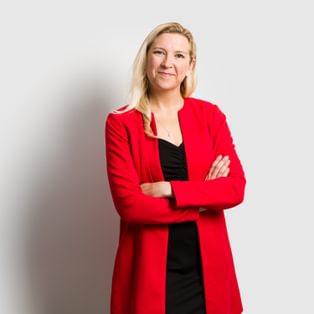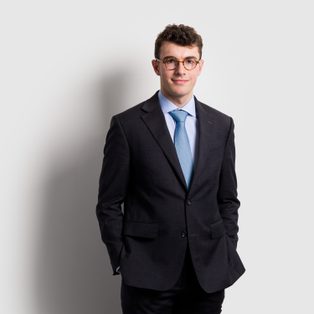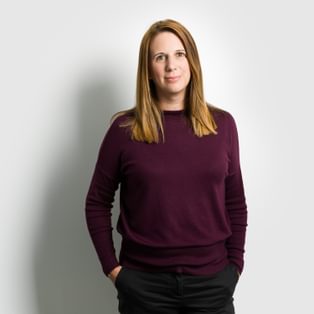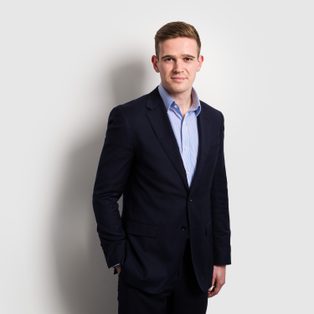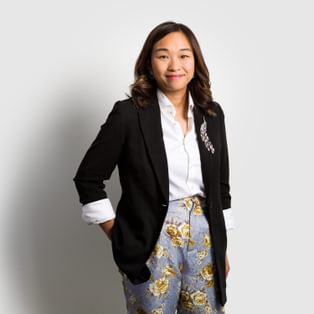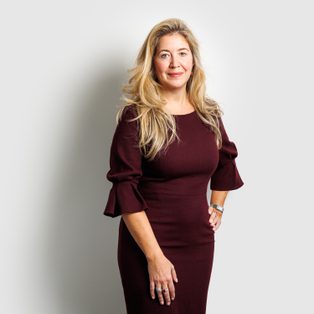Many harrowing images have emerged from Ukraine in the last few weeks, especially those showing the impact of war on children. A recent picture of 21 surrogate babies being cared for by volunteer nurses in a basement bomb shelter in Kyiv was particularly poignant as they have no legal parents and are effectively abandoned.
Ukraine has long been a global centre for international surrogacy, largely due to the lower associated costs but also because, in contrast to many other jurisdictions, under the Family Code of Ukraine, it is the commissioning, or intended, parents who become the child’s legal parents, not the surrogate. The surrogate mother is not named on the birth certificate and has no legal rights over the child, either pre-natal or once the child is born.
As the surrogate cannot become the child’s legal parent, it follows they cannot pass Ukrainian nationality on to the child. The child usually adopts the nationality of the intended parent and if the father is British otherwise than by descent, then they will be entitled to a British passport issued in Ukraine.
In peacetime the intended parents usually to travel to Ukraine before the child’s birth so that they can attend to the paperwork and register the birth using their own names on the Ukrainian birth certificate.
In times of war however, this is not possible with the result that there are children born to surrogates who have no birth certificate and therefore have no legal parents. Even if the intended parents could reach the child, there is little possibility of obtaining any official documentation or a passport given that all Government offices are closed.
This leaves the surrogate mother with the difficult decision of whether to leave Ukraine and make the perilous journey out of the country to meet with the intended parents so she can give birth, or give birth on her own and look after the child over which she has no legal rights or leave them in the hospital.
In the UK it is the surrogate who becomes the child’s legal parent on birth (and her husband if she is married and he consented). It is only when the intended parents secure a Parental Order through the courts that they obtain parental responsibility for the child. If the surrogacy arrangement breaks down before that happens and the surrogate decides to keep the child, she retains all parental rights over the child and the intended parents have to face the prospect of a legal battle to establish with whom the child will live. The outcome of that is far from clear in the UK as the courts will base their decision on what is in the child’s best long term interests. Who shares a genetic tie to the child is only one of the factors to take into account Ukrainian surrogate mothers and their families and not of overriding importance.
The UK government has recognised the problem in Ukraine and recent indications are that the Home Office will agree to give three year UK visas to eligible Ukrainian surrogate mothers and their “immediate family members”. This will enable them to live in the UK with access to public funds and employment, so in effect the surrogate is treated as if they are a member of the intended parent’s family. If implemented this will be welcome news to many intended parents as well as surrogates who want to flee Ukraine with their own immediate family members.
It has also been confirmed that British parents can obtain emergency travel documents for their children born to surrogates, but this will be dependent on either accessing consular services within the Ukraine or crossing borders. Currently in-person consular assistance cannot be provided in Ukraine due to the worsening security situation and British nationals are instead signposted to a 24 hour helpline for assistance. The Gov.uk website is currently encouraging British nationals with surrogacy arrangements in the Ukraine to contact the FCDO on 01908 51 6666.
The arrival of refugee children into the UK with their families is also causing safeguarding issues.
According to UNICEF, in excess of 1.4 million children have fled the Ukraine and are extremely vulnerable. Some have left without their parents and are travelling with wider family or friends. So far the Homes for Ukraine scheme in the UK has attracted 138,000 plus applicants who are willing to take in refugee families, but arrangements will need to be made for their host family has undergone some form of scrutiny to ensure they are suitable to host children and vulnerable adults.
At present, the refugee minister, Lord Richard Harrington, has admitted that it may not be possible for council checks to take place but that councils will initially receive £10,500 per evacuee to help with education, social care and language support. There will be “light touch” DBS checks to flag up criminal convictions, however, vetting prospective new homes for refugees is not a quick process and, is likely to take longer and put a huge pressure on already stretched Local Authorities.
A spokesperson for the National Society for the Prevention of Cruelty to Children (NSPCC) said the charity did not want to see unnecessary barriers in the process, but added that “it is vital child protection is built into every stage of the government’s and local authorities’ response to this crisis”. The NSPCC have urged the government to work with the foster communities, charities and other partners “to ensure the sponsorship scheme is safe”.
The charity said it was “essential that the Government works closely with local authorities, the fostering community, charities and other key local partners to ensure this sponsorship scheme is ultimately safe; has appropriate levels of support for traumatised Ukrainian children who have fled bloodshed, and on-going assistance available for their sponsors”.
There is no doubt that this humanitarian crisis will affect the most vulnerable for years to come. A whole generation of displaced children have been traumatised and may never see their parents again, or even meet them, if they were born in the Ukraine to a surrogate mother. Legislation is needed urgently to speed up the immigration process and ensure there is a safe route for refugees and surrogates to enter into the UK and remain here until it is safe to return to their homes.
If you need advice on either family law or immigration law then our specialist teams can assist. Contact Hetty Gleave at hgleave@fladgate.com and rchristie@fladgate.com for family law advice or kwhiter@fladgate.com for immigration advice.






